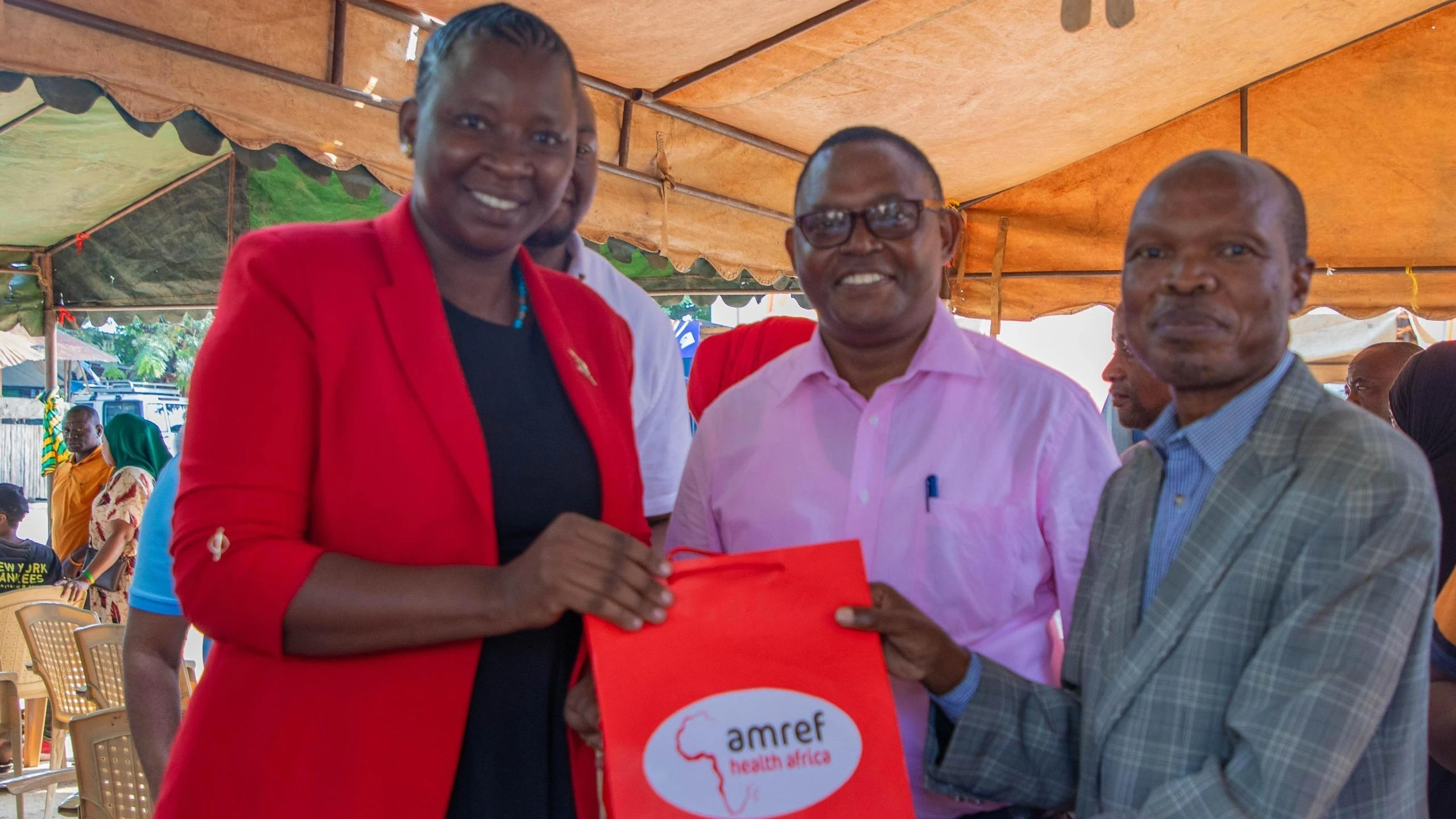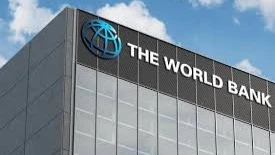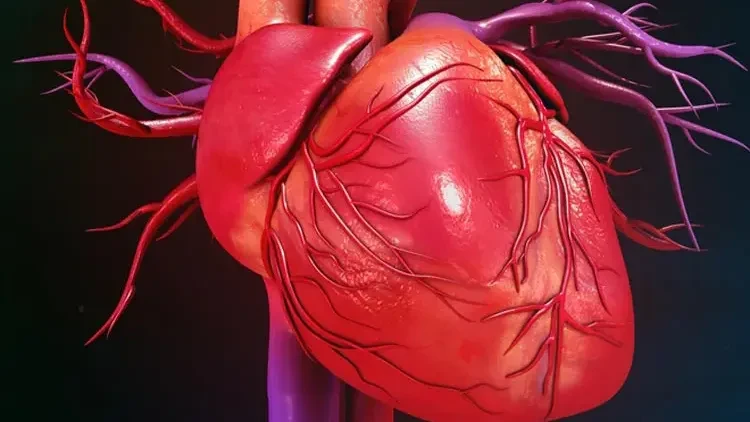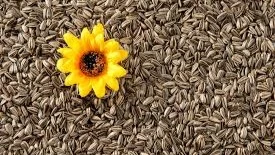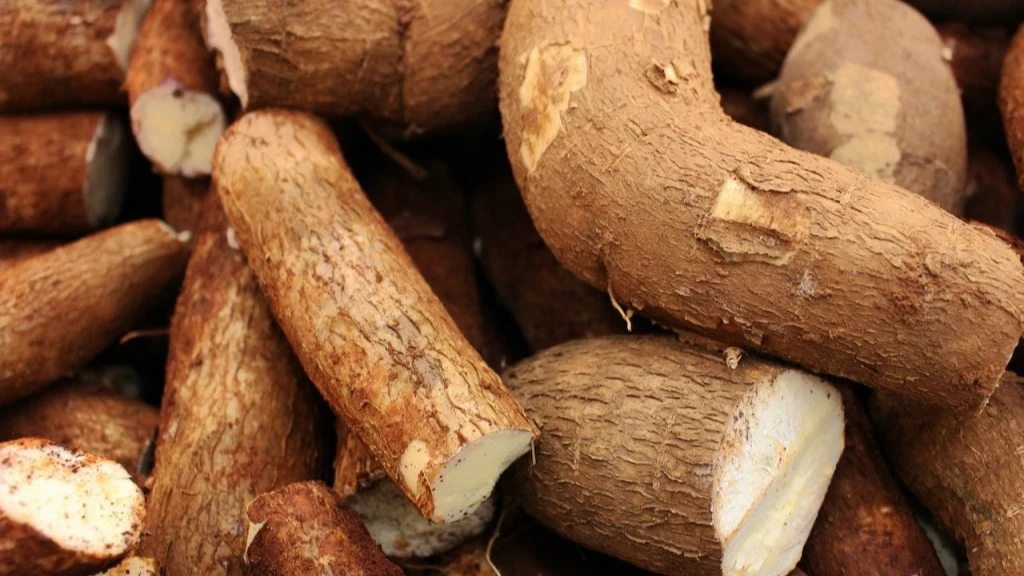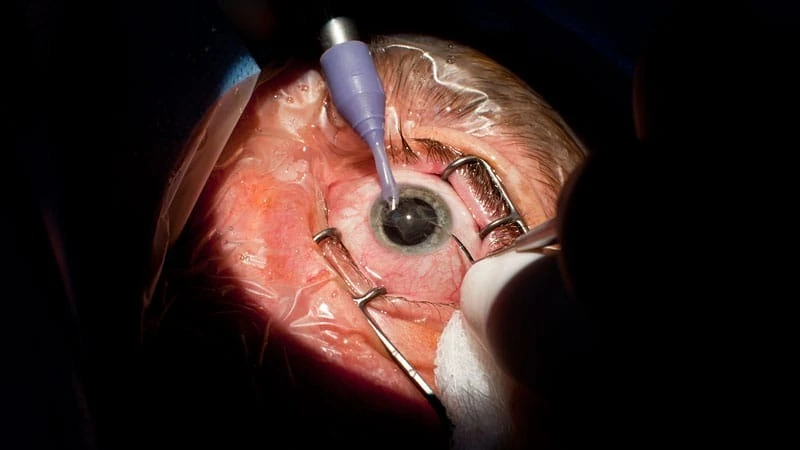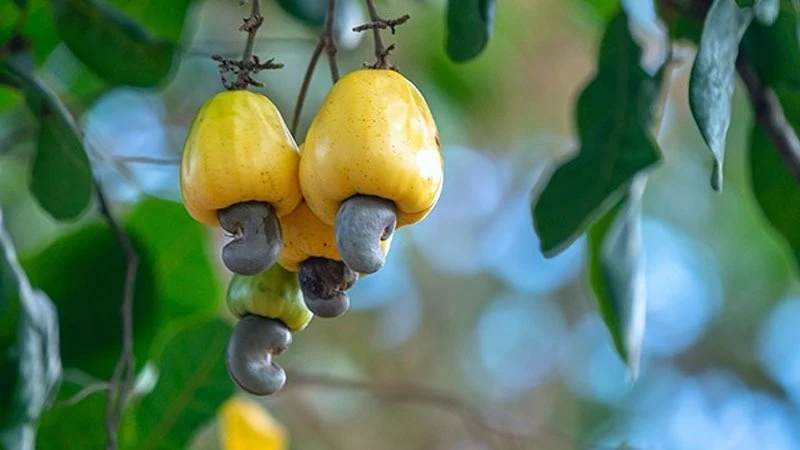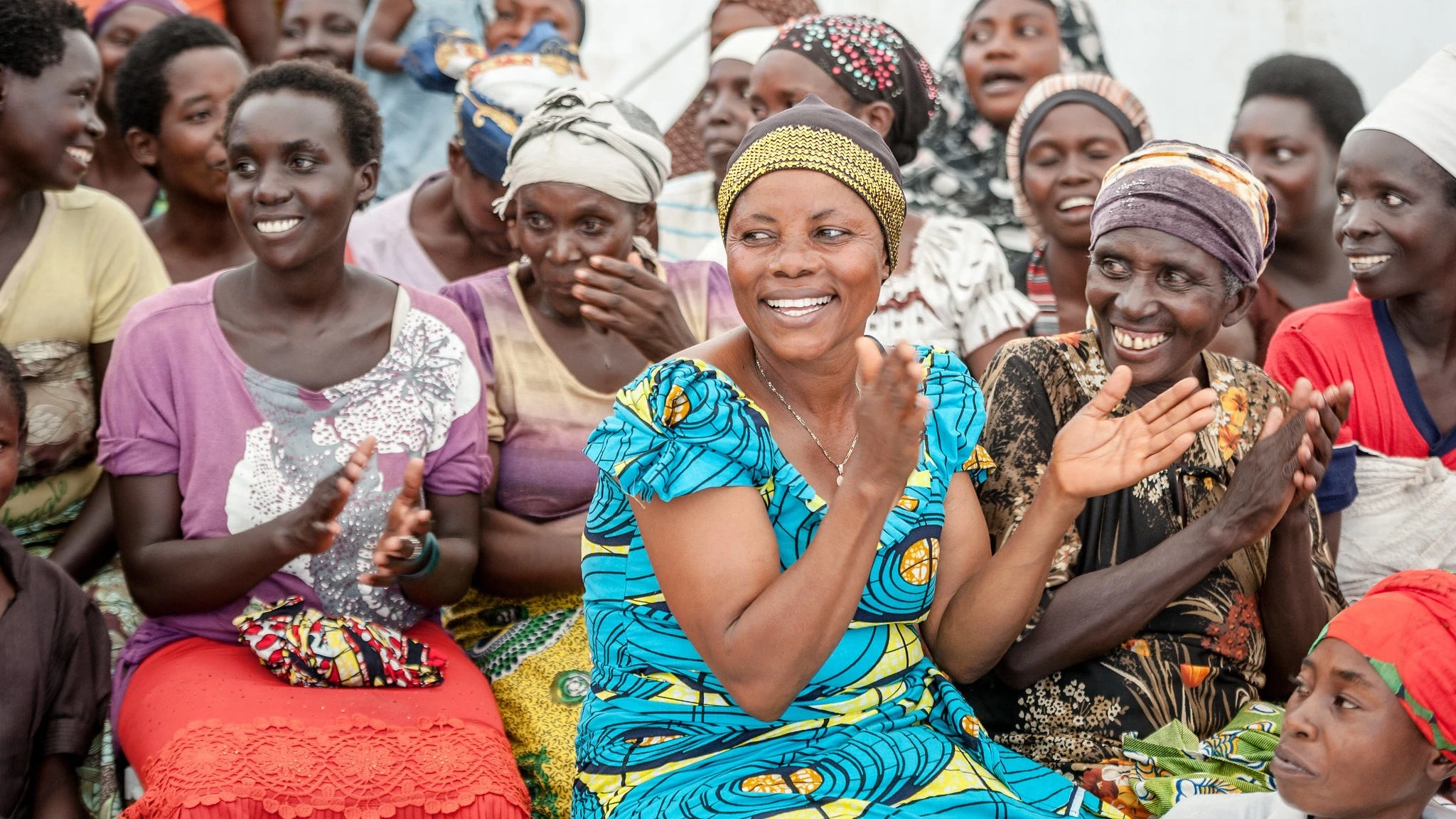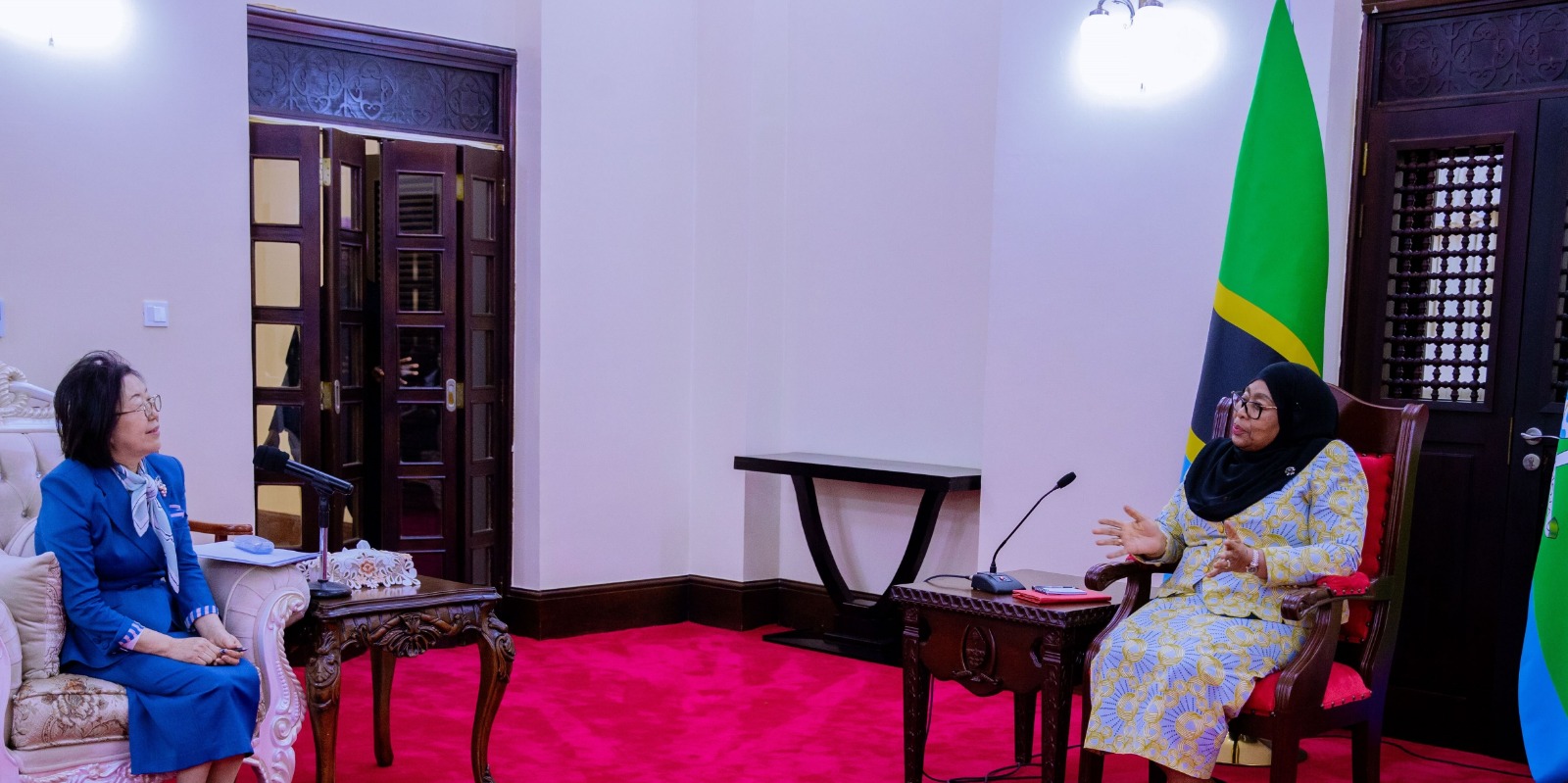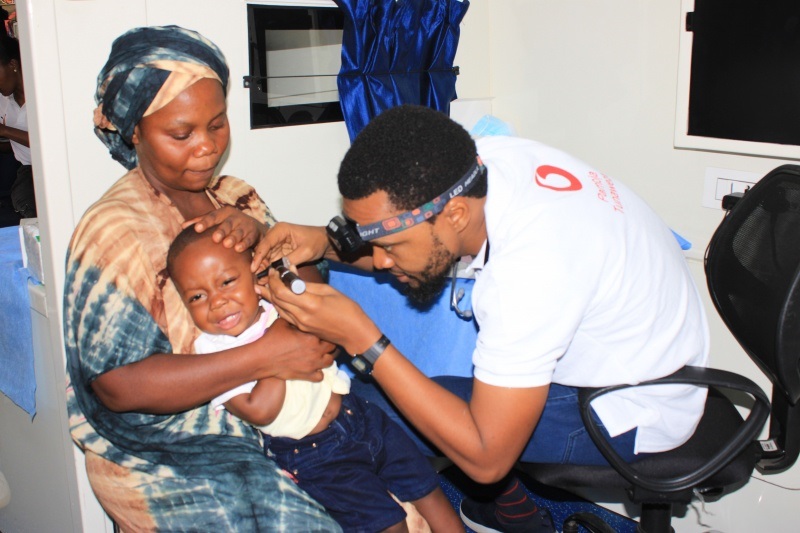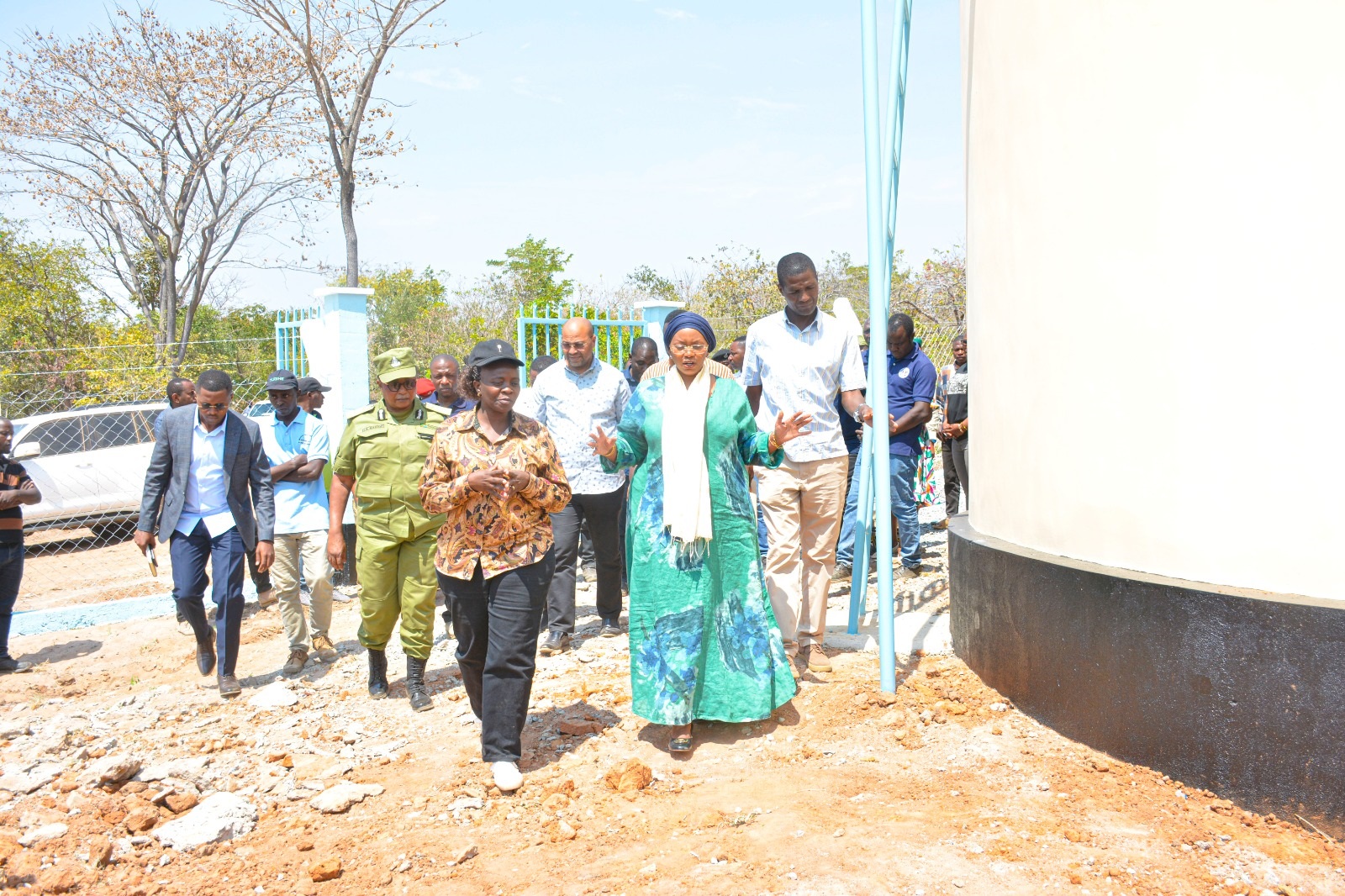Govt confident of attaining clean cooking goal by 2034
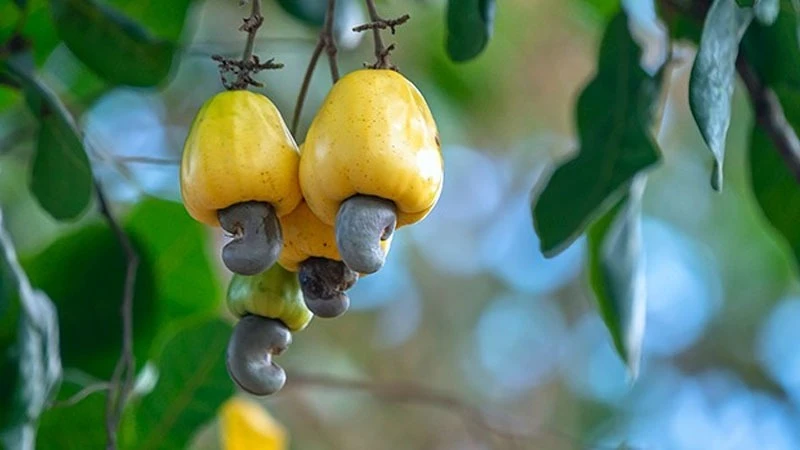
THE government has expressed confidence that 80 percent of Tanzanians will be using clean cooking energy by 2034 as per the National Clean Cooking Strategy (2024-2034), thanks to deliberate plans and heavy investment through Rural Energy Agency (REA) and its partners.
This was said yesterday by Director General of REA, Hassan Saidy, during his visit to the agency’s pavilion at the 2025 Nane Nane International Agricultural Exhibition held at Nzuguni grounds in Dodoma.
Saidy stated that the government has been implementing the National Clean Cooking Energy Strategy for the past four years. Through this strategy, significant progress has been made in encouraging the public to adopt cleaner, healthier and environmentally-friendly cooking technologies.
He emphasized that this progress would not have been possible without the strong collaboration between government institutions and private stakeholders.
Despite the achievements, Saidy reminded citizens that the type of clean cooking energy they choose should align with their financial capacity.
He noted that a variety of options are now available, ranging from electricity, liquefied petroleum gas (LPG), and natural gas to alternative sources such as improved charcoal, efficient firewood stoves and biogas.
The use of clean energy sources depends largely on the economic ability of households. Saidy said: “In urban areas, for instance, we see higher usage of gas and electricity due to availability and affordability. However, in rural communities, people can opt for improved cooking stoves that reduce firewood and charcoal use significantly while still being safe for both their health and environment”
He cited several initiatives already undertaken by REA as examples of the agency’s commitment to expanding clean energy use.
Among them is a project that enabled the National Service (JKT) to shift to clean cooking energy in 22 of its camps, at a cost of 5bn/-. Similarly, REA supported 211 prison facilities to transition to clean energy solutions, with the project costing 35.2bn/-.
In a recent move to promote environmentally-friendly fuel, REA also signed an agreement with the State Mining Corporation (STAMICO) to support production of alternative charcoal, known as Rafiki Briquettes.
This initiative aims to reduce reliance on traditional charcoal and firewood, which are major contributors to deforestation and indoor air pollution.
Saidy encouraged members of the public to attend Nane Nane exhibitions and visit REA’s pavilion to learn more about clean energy technologies and how they can access them.
“We invite everyone to come and see the innovations and technologies available,” he said. “This is a great opportunity for citizens to learn how to improve their daily lives while protecting their health and the environment.”
Top Headlines
© 2025 IPPMEDIA.COM. ALL RIGHTS RESERVED








